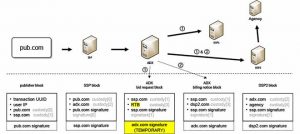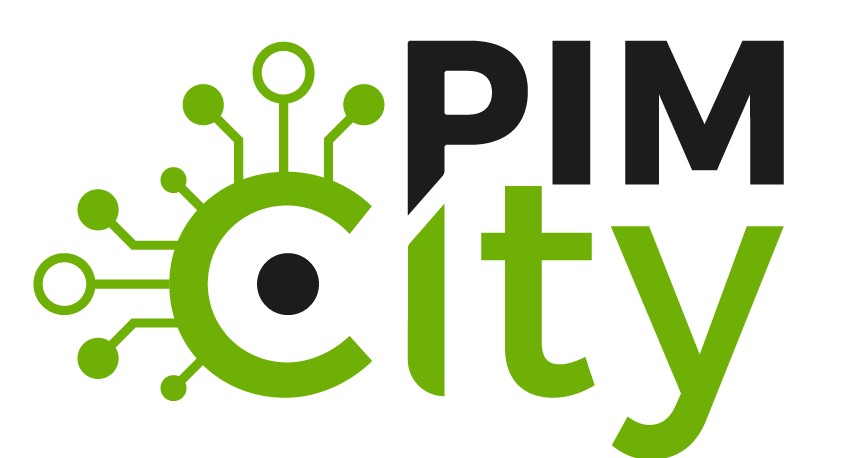Establishing Trust in Online Advertising With Signed Transactions
-

- Contributors: Antonio Pastor, Rubén Cuevas, Ángel Cuevas & Arturo Azocrra
- Year: 2020
- Venue:
- Abstract:
Programmatic advertising operates one of the most sophisticated and efficient service platforms on the Internet. However, the complexity of this ecosystem is a direct cause of one of the most important problems in online advertising, the lack of transparency. This lack of transparency enables subsequent problems such as advertising fraud, which causes billions of dollars in losses. In this paper we propose Ads.chain , a technological solution to the lack-of-transparency problem in programmatic advertising. Ads.chain extends the current effort of the Internet Advertising Bureau (IAB) in providing traceability in online advertising through the Ads.txt and Ads.cert solutions, addressing the limitations of these techniques. Ads.chain is (to the best of the authors’ knowledge) the first solution that provides end-to-end cryptographic traceability at the ad transaction level. It is a communication protocol that can be seamlessly embedded into ad-tags and the OpenRTB protocol, the de-facto standards for communications in online advertising, allowing an incremental adoption by the industry. We have implemented Ads.chain and made the code publicly available. We assess the performance of Ads.chain through a thorough analysis in a lab environment that emulates a real ad delivery process at real-life throughputs. The obtained results show that Ads.chain can be implemented with limited impact on the hardware resources and marginal delay increments at the publishers lower than 0.20 milliseconds per ad space on webpages and 2.6 milliseconds at the programmatic advertising platforms. These results confirm that Ads.chain ’s impact on the user experience and the overall operation of the programmatic ad delivery process can be considered negligible.
- Artifacts: https://zenodo.org/record/4432793#.YOgO3-gzY2w
- Repository link: https://ieeexplore.ieee.org/document/9306812
- Download: PDF file
